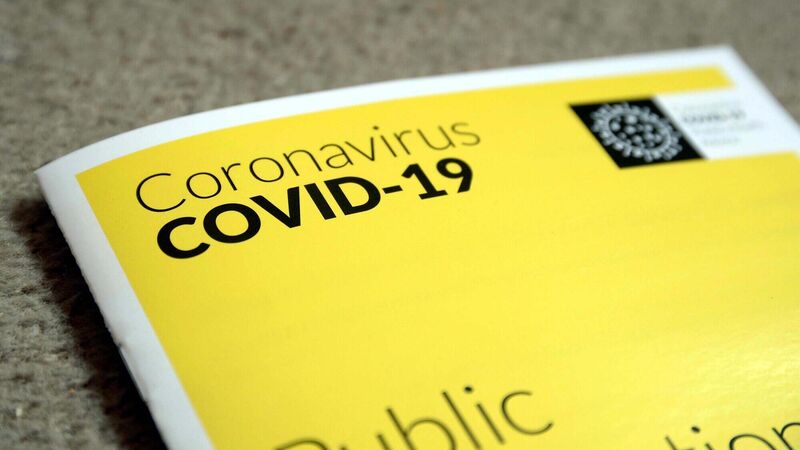Jim Power: Resilient Irish economy will need more help in the Covid-19 storm

As we look forward, I think most individuals and businesses are currently facing the future with a mixture of fear and hope.
Almost five months have elapsed since the World Health Organisation declared the novel coronavirus, Covid-19, a global pandemic. The intervening period has been simply extraordinary, with devastating consequences for the physical health of nations, economic activity, public finances, politics, global inequality, and of course mental health.
While there is still no end in sight to the pandemic, it is clear that the legacy will be long-lasting and will take some years to work through.











